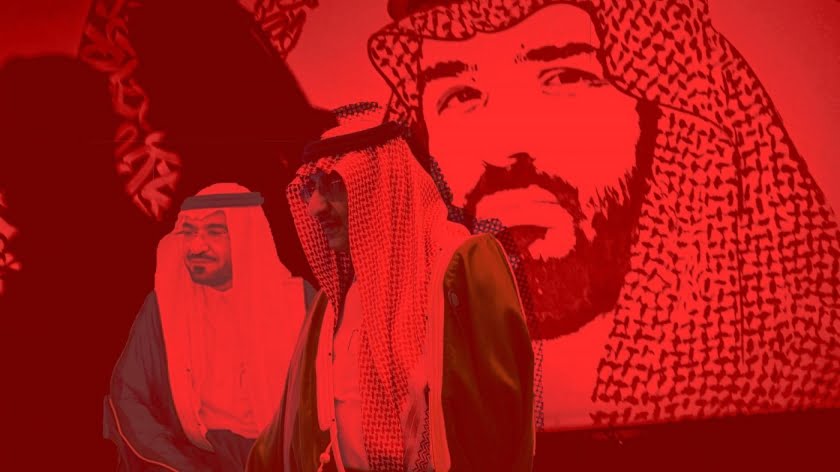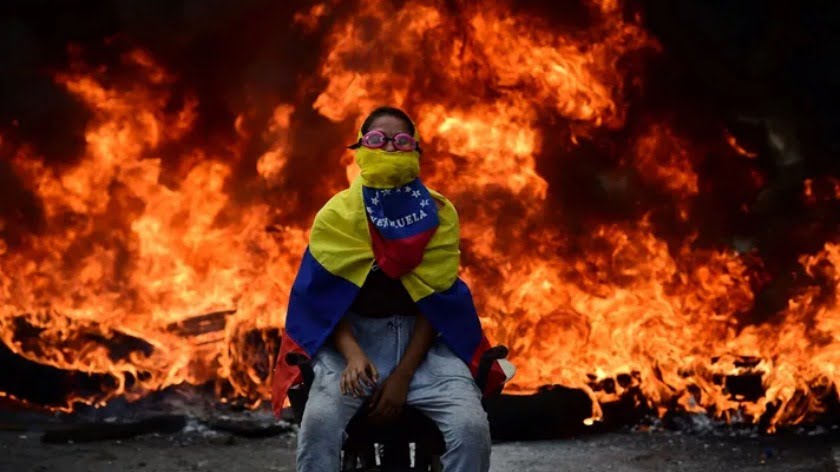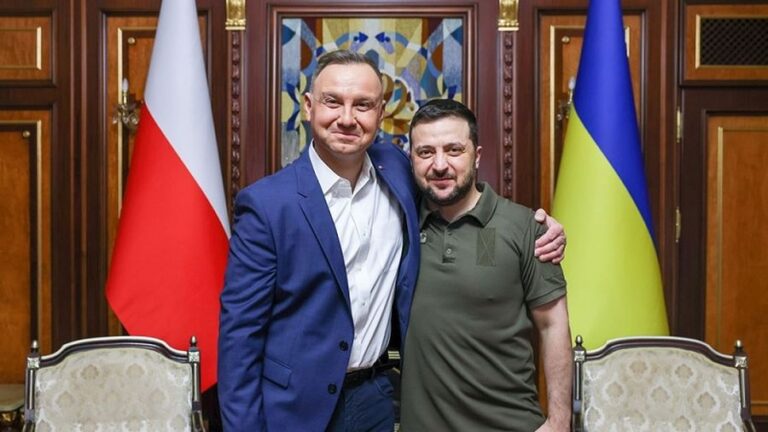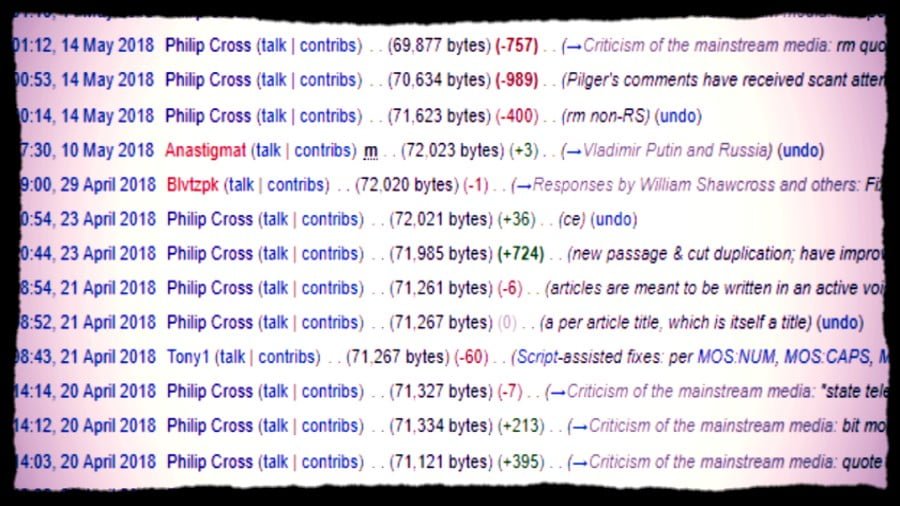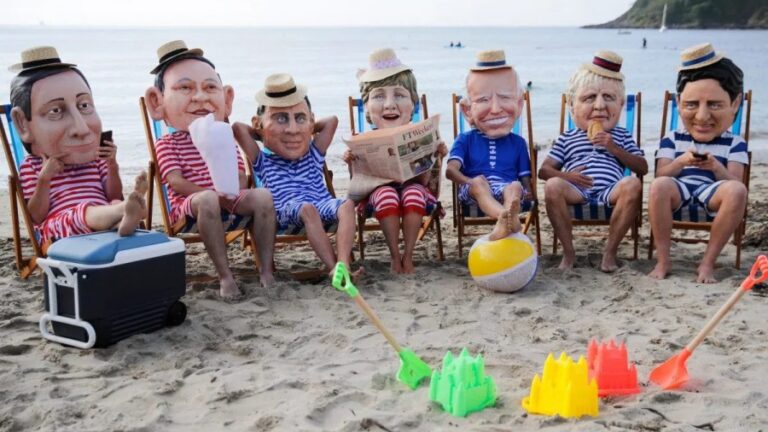New Report Reveals Israel Demolishes Over 2,000 Palestinian Bedouin Homes per Year
A report published in June of 2020 states that in 2017, 2018 and 2019, the state of Israel demolished over two thousand homes of Palestinian citizens of Israel per year in the Naqab region alone. The report was put together by an Israeli Non-Governmental agency called, “The Negev Coexistence Forum for Civil Equality.”
History
The Naqab, called the Negev in Hebrew, makes up the entire southern half of Palestine, and while it is a desert, it is considered to be a fertile desert. The indigenous people of the Naqab, the Palestinian Bedouin, are a semi-nomadic people and historically cultivated these lands. Zionist mythology that claims the land was barren until the Zionist colonization “made the desert bloom,” is, in fact, a lie.
The British government, which occupied Palestine from 1917-1948, and the Ottoman Empire before that, recognized the rights of the Palestinian Bedouin in the Naqab to their lands. However, from the very beginning of the Zionist colonization of Palestine, the Naqab was targeted and once the State of Israel was established, Bedouin lands were taken.
According to Palestinian professor, Dr. Mansour Nasasra, when the British withdrew from the city of Bi’r Al-Saba in May of 1948, the Palestinian mayor of the city, Shafiq Mustafa raised the Palestinian flag, signaling what was expected to be the start of Palestinian rule over the city. However, the city fell to the Zionist forces on October 21, 1948, a day the Bedouin Palestinians refer to as “Kasret Al-Saba,” or the disaster of Bi’r Al-Saba. According to Dr. Nasasra, the fall of the city, which was considered the capital of the Naqab Bedouin, “meant the end of their economic, cultural and administrative center, as well as of their freedom.” (The Naqab Bedouins, Mansour Nasasra).
Prior to the Zionist conquest of Palestine, close to one hundred thousand Palestinian Bedouin lived in the Naqab. During 1948 all of Palestine was subjected to a ruthless campaign of ethnic cleansing and the Naqab was no exception. Once the Naqab was overtaken by Zionist forces the region was subjected to a fierce campaign of ethnic cleansing allowing less than 10 percent of the native population to remain. The ones who did remain were herded into the northern part of the Naqab called the “Siage” area or fenced area, and the state invested heavily in building modern Jewish-only colonies that provided an excellent lifestyle for the colonizers while depriving the Bedouin of their land and resources.
Unrecognized towns
The Bedouin communities in the Naqab today make up about 250,000 people, which is about one-third of the total population of the region. They are only permitted to live in 12 percent of the towns in the Naqab, in other words, only 12 percent of the towns in the Naqab are designated for the Palestinian Bedouin citizens. And while the standard of living in the Israeli settlements and cities in the Naqab is among the highest in the country, the Bedouin live mostly in townships and impoverished villages denied the basic most services the state offers Jewish citizens.
Half of the Bedouin Palestinians live in towns that are called “unrecognized.” This means that the state of Israel does not recognize them and provides them with no services. Some of these towns predate the state and others were created by the state. In both cases, the state arbitrarily decided that the areas where these people live are no longer designated for people to live but have been designated for military or other uses by the State.
The state demands from the population that they vacate to other areas designated for them and they either refuse or are unable to do so. Since the state of Israel does not recognize the community’s right to their lands, it often relocates families onto land that belongs to other families, something the Bedouin quite often refuse to do. Furthermore, the state will often relocate several families to the same plot creating an impossible situation for them.
This lack of recognition is a violation of the rights of these communities. The unrecognized towns and villages receive no services like water, electricity, healthcare, or even roads, and they are constantly under threat of forced displacement, home demolition and land confiscation. When the state does relocate them, it is never to the highly developed wealthy Jewish-only towns but into impoverished overcrowded townships. It is also worth noting that although many of Jewish colonies in the Naqab are agricultural communities, land cultivation is not permitted for the Bedouins.
Relocation
The life of the Palestinian Bedouin is administered not like other citizens of the state of Israel but rather by governmental agencies like the Bedouin Administration Agency and the Ministry of Agriculture, which are run by Israeli Jews and in which the Bedouin Palestinians have no voice. The state wants to confiscate all the Bedouin lands in the Naqab and to relocate them into townships and uses the demolition of homes and other methods as a means to force these communities, which suffer from severe lack of housing and poverty already, into crowded townships where levels of poverty and unemployment are high.
One example is the Palestinian Bedouin village of Ras Jabara, which sits within the municipal boundaries of the city of Dimona. The city was built on lands that historically belonged to this village. Today, there are only 600 people who live in the village and even though they are within the municipal boundaries of the city, they are denied basic rights and services that the Jewish residents of the city receive. They are not even allowed to vote in the municipal elections. In March of 2018, the residents of Ras Jabara received evacuation notices because the city wanted to build a neighborhood for Jews – once again Palestinians are removed because the state wants to build for Jews only. It is likely that this community too will be relocated to one of the nearby townships.
Self demolition
The Bedouin Administration Authority has its own enforcement apparatus which includes a militarized police unit called “Yoav.” They invade the towns in the early morning hours to demolish, destroy, detain, and generally intimidate the residents. When they come to enforce a demolition order the owner of the building is given the option of self-demolition.
Israeli security forces arrive at night to demolish homes in the Bedouin community of Khan al-Ahmar, Sept. 13, 2018. Majdi Mohammed | AP
Self-demolition is often the preferred option because it allows the owners of the property to salvage whatever equipment they may have inside the property and reuse whatever scrap material they have leftover. Because these communities are by and large impoverished, most of the homes and other structures are rudimentary.
Apartheid in the time of COVID
Even with COVID-19 hitting poor communities hard, the Israeli authorities have not let up on harassment of the Bedouin Palestinians. Throughout the Naqab Israeli “enforcing” agencies continue to harass, demolish, arrest and impose outrageous fines. Israel claims that the Palestinian Bedouin of the Naqab are its citizens – a “privilege” that they never sought but was imposed on them – yet they receive none of the privileges the Jewish citizens of the state enjoy.
Feature photo | Palestinian Bedouin children stand on the rubble of two classrooms destroyed by the Israeli army in the village of Abu Nuwar, West Bank. Israel demolished the school saying the EU-funded structure was built without proper permits. Mahmoud Illean | AP
By Miko Peled
Source: MintPress News


